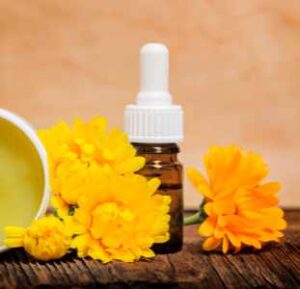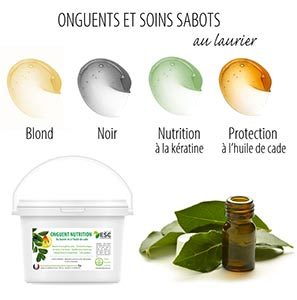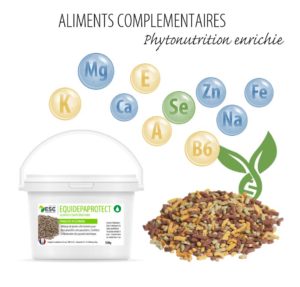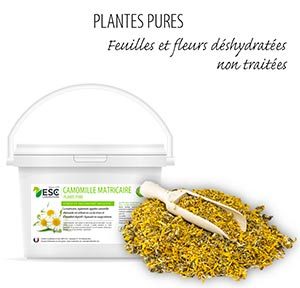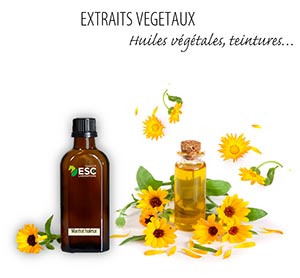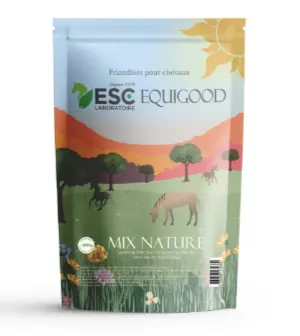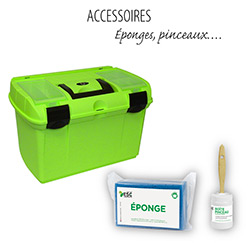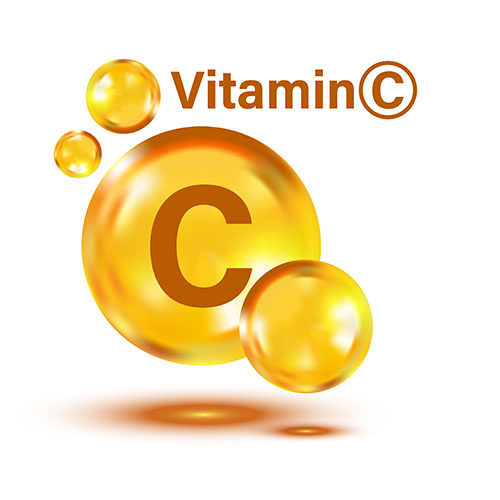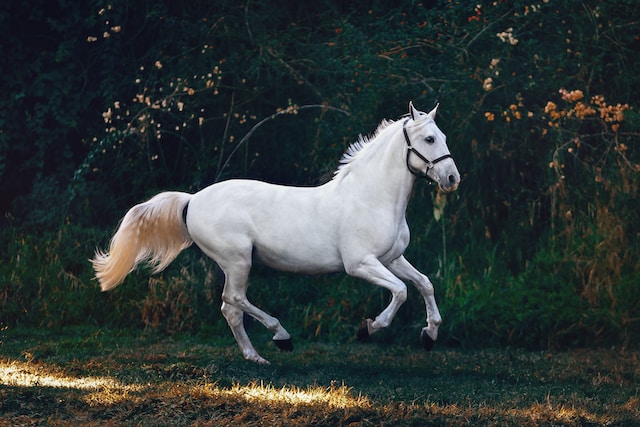Your horse cannot use a good glass of orange juice in the morning to fill its daily vitamin C requirements. So how can you make sure that he gets enough from his diet?
Because yes, vitamin C plays a decisive role in the health of your horse. The so-called ascorbic acid, for example, contributes to hormonal synthesis, bone calcification and antioxidant functions.
This article provides an update on The importance of vitamin C and on the best ways to complement your horse ?
What is the role of vitamin C in the horse and where is it found?
Vitamin C, also known as ascorbic acid, works mainly as an antioxidant fighting the presence of bacteria, viruses and free radicals that damage cells in the body.
But this nutrient also fills a number of other important functionsincluding:
- help collagen synthesishormones and vitamin E,
- calcify bones,
- control antihistamines
- and convert vitamin D3 to calcitriol.
In the plant kingdom, Vitamin C is found in varying amounts. The green herbs contain in a consistent way, idem for cereals (especially when they start to germinate). However, vitamin C levels fall as plants grow, as the nutrient is sensitive to oxidation. Therefore, the hay is completely devoid of it.
The oxidation is also the reason why Vitamin C is not usually found in horse food, but rather administered via other complementary methods.
Why should you avoid vitamin C deficiencies in your horse?
Unlike humans, horses can synthesize vitamin C from glucose. For this reason, vitamin C deficiency is very unusual. But when he suffers excessive stress, your horse's body stops producing enough.
Most horses that consume fresh forage, such as good quality pasture grass, will easily meet their vitamin C needs. Hay, on the other hand, contains very little vitamin C because of oxidation. Vitamin C levels in industrial foods are also quite low, as nutrient concentrations (including vitamin C) tend to decrease rapidly after manufacture.
However, vitamin C deficiencies are known to affect the quality of the coat of your horse, cause bleeding, inhibition of the immune system, slowing wound healing, degeneration or hypertrophy of the adrenal glands, scoliosis and lordosis.
Research on the effects of low ascorbic levels in the blood is still ongoing. Some studies have found these effects in horses with other diseases. It is therefore not certain that vitamin C deficiencies are the cause of such conditions. But they aggravate the symptoms and supplementation can help your horse recover faster.
When can vitamin supplementation be necessary for my horse?
There are several circumstances where your horse may need to take vitamin C supplements. The most important is when her immune system is weakened and during a period of stress (since its natural production of vitamin C will fall). Even if your horse suffers from injury or infection.
He's also recommended to supplement your horse with vitamin C where:
- its diet is rich in cereals, poor in fodder or if the fodder is of poor quality.
- your horse needs lung or skin support;
- your horse is old and has difficulty maintaining weight due to digestive problems;
- it is stunted due to illness or stress;
- your horse produces intensive work or participates in competitions (endurance, races, competitions, etc.);
- The intestinal microflora of your foal is not sufficiently developed.
Doses of vitamin C vary from horse to horse. Typically, they range from 4 to 20 grams per day. Be careful not to give higher quantities to your horse. This could reduce its natural ability to produce this nutrient itself and cause health problems when you stop adding to it.
For the same reason, horses that are supplementated with vitamin C must be Weaned gradually.
Discover our natural vitamin C source formula and enriched with lithothamne to regulate gastric acidity! Our supplement will help your horse's body to fight oxidative stress, support its immune defenses and help heal in the event of wounds.


